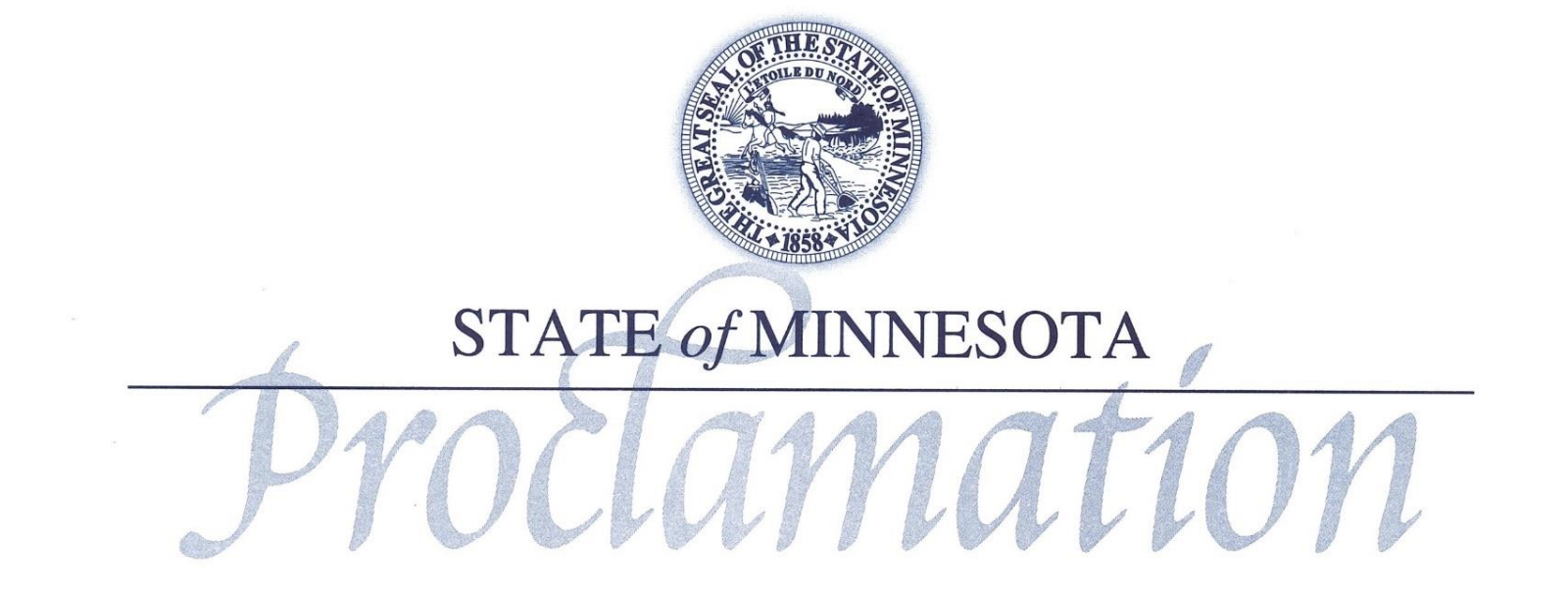
- Details
- By Native News Online Staff
The proclamation recognizes that “for over 150 years, the United States pursued, embraced, or permitted a policy of forced assimilation of American Indians, Alaska Native and Native Hawaiian people through the federal Indian boarding school system,” including 23 Indian boarding schools in the state of Minnesota.
“Today, we honor the Native children who never returned home from U.S. Indian boarding schools in Minnesota and across the country,” Gov. Walz wrote on Twitter. “We must recognize the history and ongoing legacy of these schools to move forward with better strategies to support and protect Native communities.”
On the National Day of Remembrance, the National Native American Boarding School Healing Coalition (NABS) hosted a candlelight vigil at the Minnesota State capitol. The event featured prayers, dances and songs that honored boarding school survivors and the Native children that never made it home to their families.
“Today’s proclamation from Governor Tim Walz is an act of truth, justice, and healing. We appreciate the Governor and Lieutenant Governor Peggy Flanagan for their leadership,” Deborah Parker (Tulalip), Chief Executive Officer of NABS, said in a statement. “The irreparable harm cannot be undone, but we as a country can begin to formally acknowledge the truth about what happened to hundreds of thousands of our Native people. That is the foundation for a future of healing that our boarding school survivors and their descendants deserve.”
Tell Us What You Think
More Stories Like This
Native News Weekly (August 25, 2024): D.C. BriefsUS Presidents in Their Own Words Concerning American Indians
Merry Christmas 2025
Navajo Man Faces Vehicular Homicide Charge After Child Killed at Navajo Nation Christmas Parade
Next on Native Bidaské: Lumbee Tribal Chairman John Lowery
Help us defend tribal sovereignty.
At Native News Online, our mission is rooted in telling the stories that strengthen sovereignty and uplift Indigenous voices — not just at year’s end, but every single day.
Because of your generosity last year, we were able to keep our reporters on the ground in tribal communities, at national gatherings and in the halls of Congress — covering the issues that matter most to Indian Country: sovereignty, culture, education, health and economic opportunity.
That support sustained us through a tough year in 2025. Now, as we look to the year ahead, we need your help right now to ensure warrior journalism remains strong — reporting that defends tribal sovereignty, amplifies Native truth, and holds power accountable.
 The stakes couldn't be higher. Your support keeps Native voices heard, Native stories told and Native sovereignty defended.
The stakes couldn't be higher. Your support keeps Native voices heard, Native stories told and Native sovereignty defended.
Stand with Warrior Journalism today.
Levi Rickert (Potawatomi), Editor & Publisher

